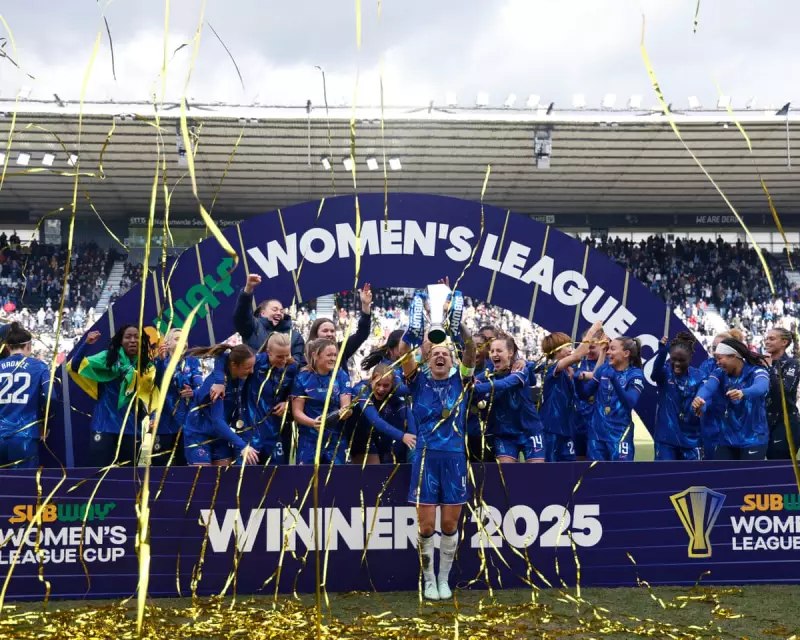
The Women’s Super League is riding a wave of unprecedented popularity, but beneath the surface, a scheduling headache persists. The Continental Tyres League Cup, known as the Conti Cup, is at the centre of a growing debate about its place in the modern women's game.
A Tournament in Search of a Purpose
Originally designed to provide smaller clubs with valuable competitive experience, the Conti Cup now feels like an awkward fit. For the WSL's elite, it's a fixture too far in an already packed calendar. Squads are stretched thin, leading to heavily rotated teams that can dilute the quality of the spectacle. The question being asked from boardrooms to boot rooms is simple: what is the League Cup's role now?
The Fixture Congestion Crisis
The core of the problem is a brutal schedule. With the expanded WSL, Champions League commitments, and international breaks, players are facing an unsustainable workload. The Conti Cup group stages, often squeezed into tight windows, force managers to choose between player welfare and competitive integrity. This creates a disjointed tournament where results can be unpredictable for all the wrong reasons.
Voices from the Dugout
Managers are increasingly vocal about the strain. While acknowledging the need for a deep squad, many point to the physical and mental toll on players. The competition's format, which includes group stages with regionalised groups, also draws criticism for creating a perceived imbalance in the path to the latter stages.
A Glut of Games or a Vital Development Tool?
Proponents argue the cup remains crucial for developing younger talent and giving squad players vital minutes. For clubs with aspirations of challenging on all fronts, it's a chance to test depth. However, the fixture pile-up raises concerns about increasing the risk of injury for athletes who already face a demanding season.
The Commercial Balancing Act
Despite the challenges, the competition has a title sponsor and offers broadcast opportunities. Abolishing it isn't a simple decision. The financial and promotional benefits must be weighed against the sporting cost. The league is therefore grappling with a difficult equation: how to evolve the tournament to better serve the ecosystem without losing its commercial appeal.
An Uncertain Future
As women's football continues its rapid professionalisation, the Conti Cup stands at a crossroads. The solution may lie in a significant format overhaul, a change in scheduling, or a redefinition of its objectives. One thing is clear: the current model is creaking under the weight of the sport's success, and a rethink is urgently needed to ensure the League Cup adds value rather than creates problems.





